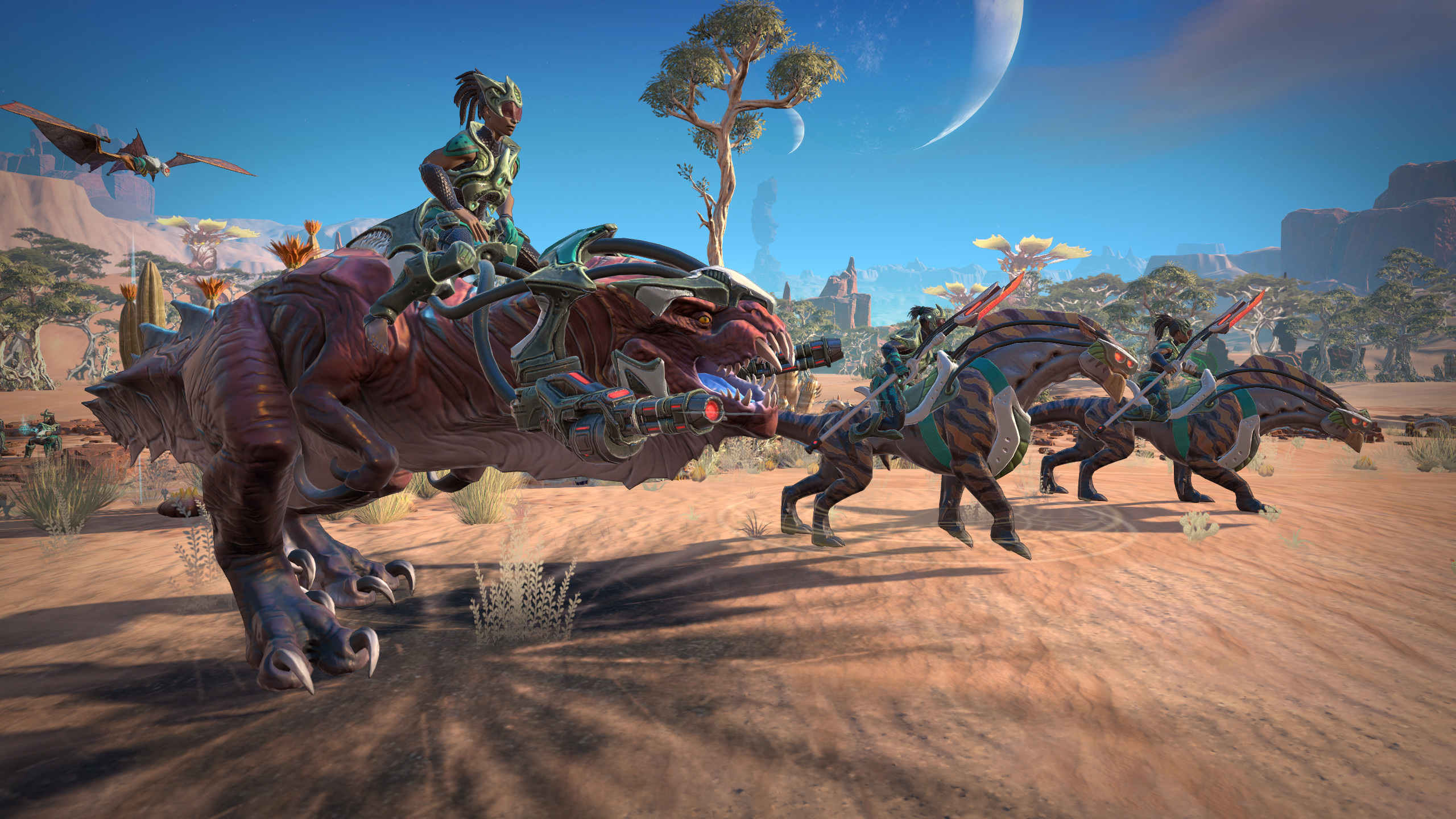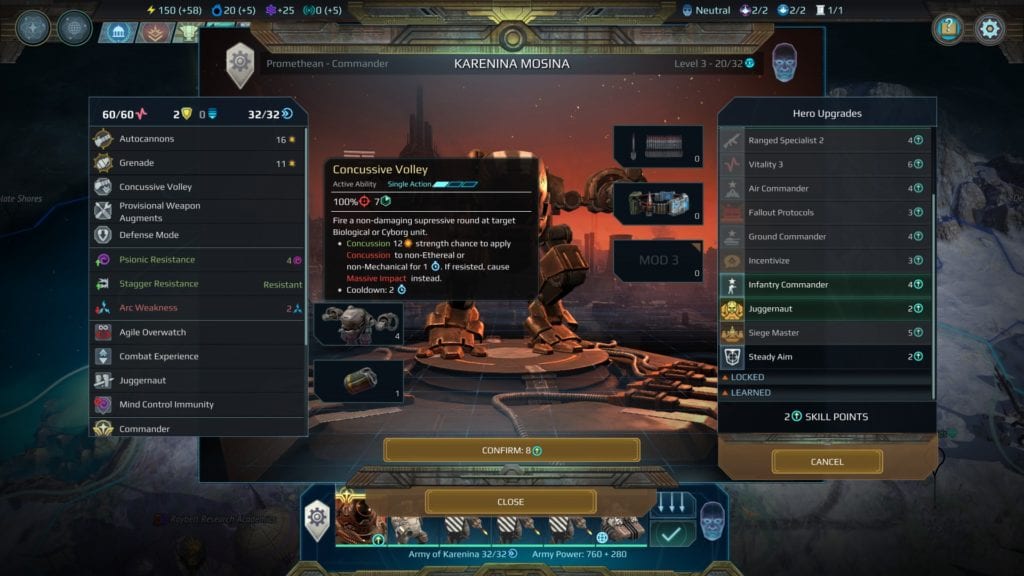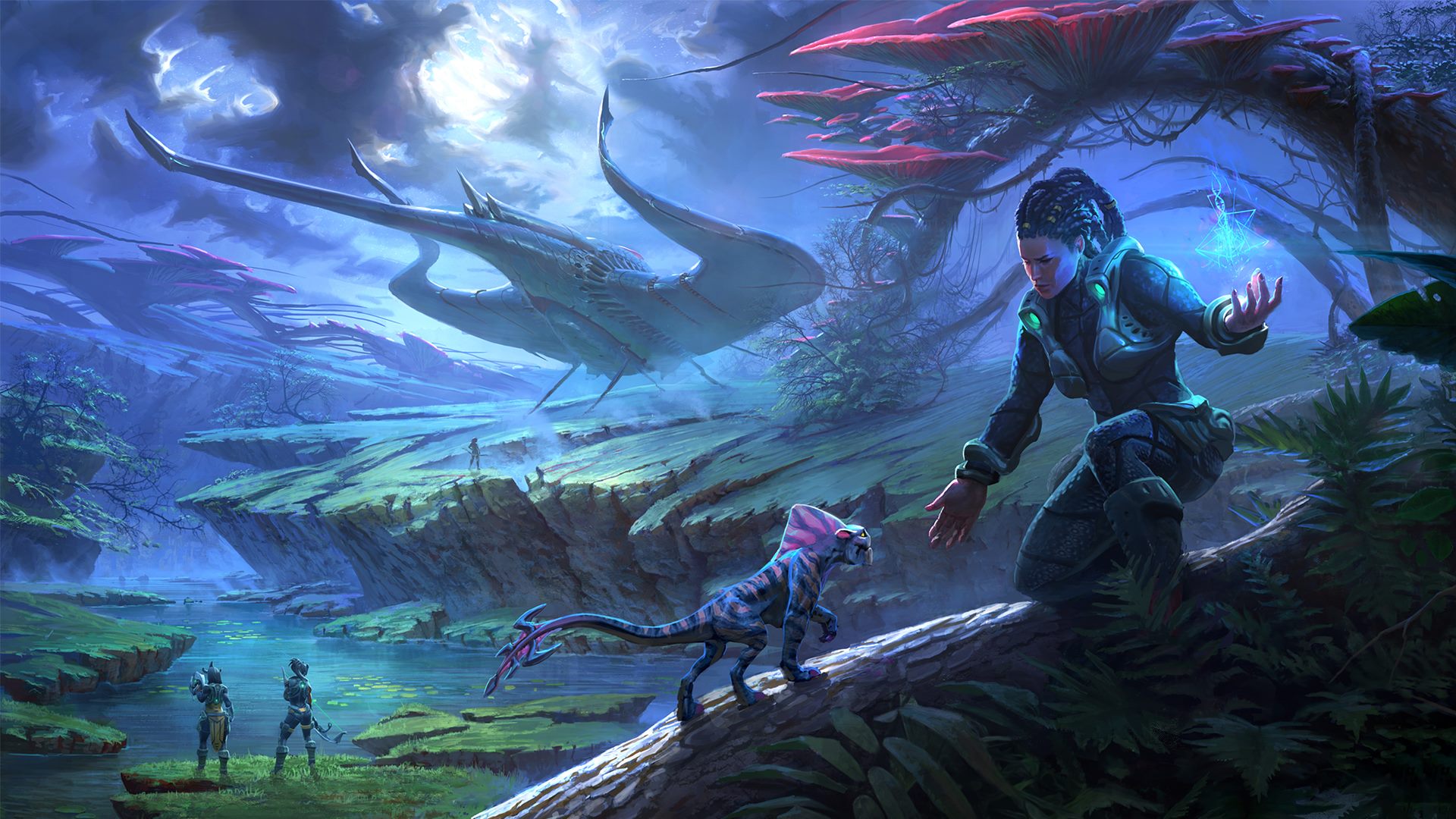

Slowly, steadily, carefully, your empire grows in all the right directions.Įach colony can expand its borders by annexing neighboring sectors, which are naturally-shaped regions that contain specific resources. Additional colonies can be founded and they might require fine-tuning as colonists grow unhappy when resources become scarce. Aside from moving armies consisting of up to six units, decisions must be made regarding structures to build, units to manufacture, and research to undertake. Much of the game relies on exploration because there are treasures hidden all over the map that aid empire growth. You start with a colony, a commander, and some low-tier units, and every turn decide in which direction to take them across a massive hex grid, given the limited movement range for each unit type.

Other influences come from popular science fiction franchises and it fits together just as well as the fantasy setting.Įverything starts and ends on the strategic map, which is an overview of the world. The futuristic adaptation is surprisingly effective and faithful to the series, with many residual unit designs persisting across the six controllable races. Along with the vanilla human race (Vanguard), there are space dwarves (Dvar), insectoid slaves (Kir’Ko), clandestine traders (Syndicate), and a race of warrior women (Amazon) that use genetically-enhanced beasts.

Instead of fighting goblins, you’ll take on reanimated cyborgs (Assembly). This is the first time Triumph have worked on a sci-fi title, although you wouldn’t know it. Like previous games in the franchise, Planetfall is all about managing an empire and leading armies into battle.


 0 kommentar(er)
0 kommentar(er)
